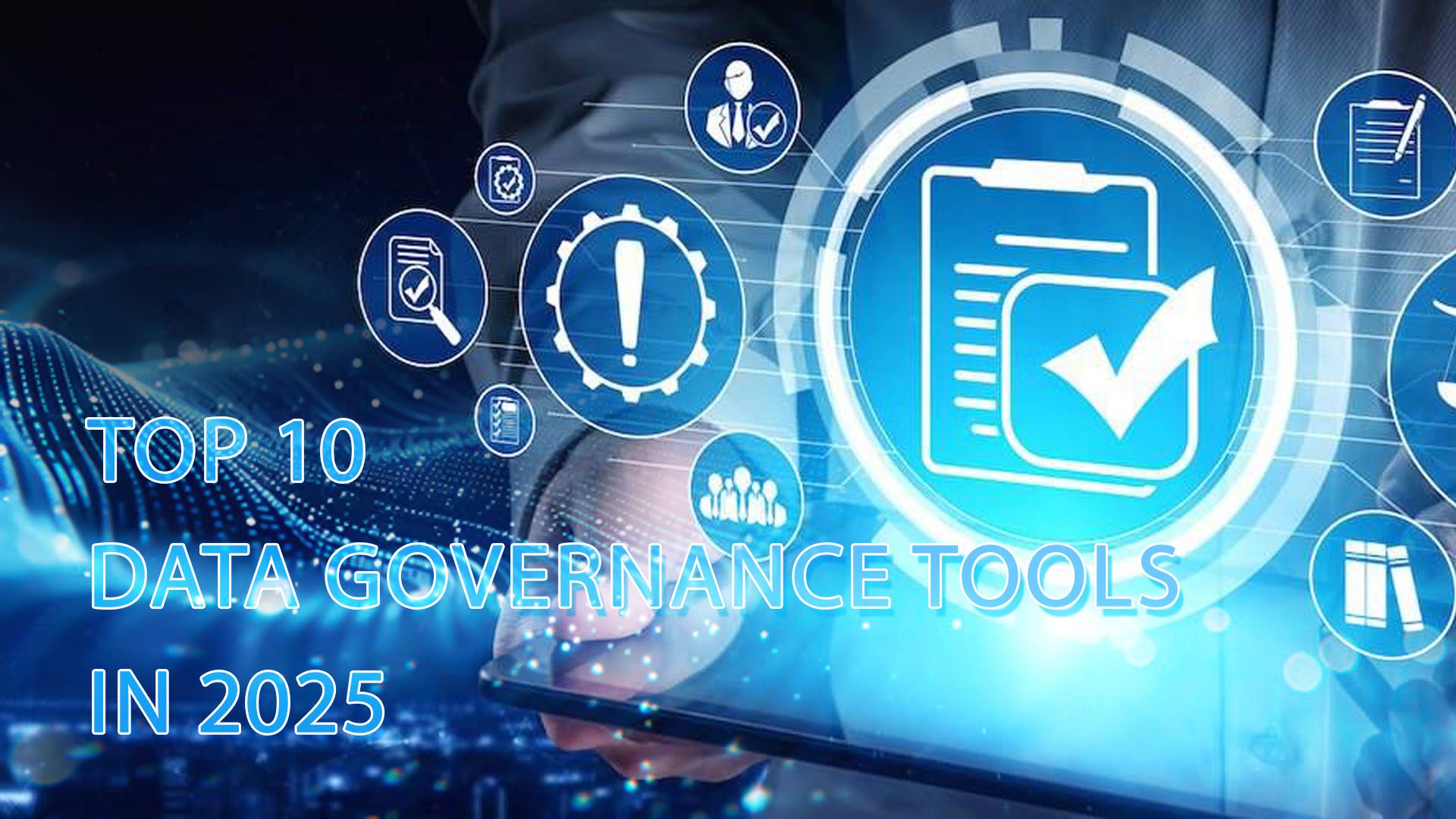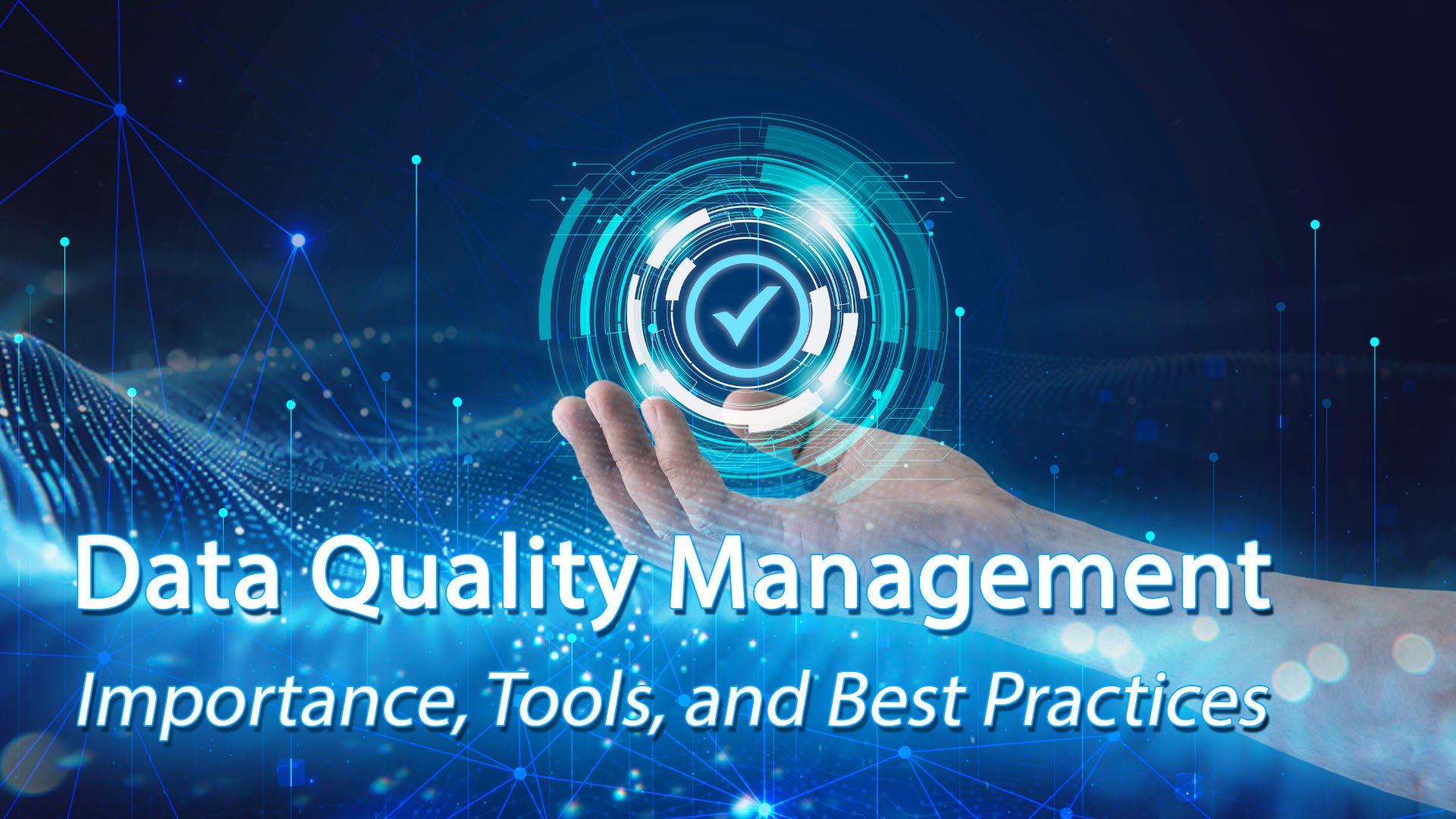Business data processing is inherently a top concern if businesses want to have a solid enough foundation to make data-based business decisions. Turning this raw data into valuable insights has become a key factor in determining competitiveness. In this article, DIGI-TEXX will delve into business data processing, especially in the era of AI that is gradually creeping into business operations.
What Is Business Data Processing and Why It Matters in 2025

Business data processing refers to a series of activities that collect, clean, analyze, interpret, store and secure raw data to turn them into meaningful and useful information for businesses, especially for making business decisions.
This process involves importing data from multiple sources (spreadsheets, invoices, social media activity, etc.), organizing and checking for accuracy, performing calculations and analysis, and then presenting the results in reports or charts to support decision-making by executives, or even employees within the company.
The importance of business data processing can be attributed to the following reasons:
- Data-Driven Decisions: Making decisions based on gut feelings is not advisable if you do not want to leave serious consequences. Data processing in business provides accurate evidence and insights for leaders to make informed decisions about products, marketing strategies, and optimize operations.
- Increased Efficiency and Productivity: Integrating business process automation into the data processing process in business will help reduce manual work, human errors, and increase processing speed. This frees up employees to focus on more strategic and valuable tasks for the company.
- Personalizing the Customer Experience: Processing data on customer behavior and preferences will help businesses create personalized marketing campaigns, enhance customer experience, and drive customer loyalty to the brand.
- Fraud Detection and Risk Management: With the ability to analyze large amounts of transaction data in real time, this process will help financial firms detect unusual activities and minimize risks.
>>> Read more: What are Data Processing Services? Key Types and Benefits
Key Types of Data Processing in Business Used by Modern Businesses
Currently, businesses have been using many different data processing methods. In general, each type is suitable for a specific need and scale of work. However, the choice of processing method directly affects the efficiency and speed of business data processing. Below are the common types of this process that you can refer to:
Manual Data Processing
Manual Data Processing is the most traditional method, where data is collected, entered, sorted, and analyzed entirely by human power without the help of computers. This method has a low initial cost and is suitable when businesses need to process very small amounts of data.
However, this method has a high error rate, slow speed, and is not suitable for the needs of data processing in modern businesses when the volume of data increases exponentially. In the context where businesses are looking to build business process automation, this method is gradually being replaced.
Real-time Data Processing

This is a form of data processing that occurs immediately, as soon as the data is collected or entered into the system. Often used in stock trading systems, airline reservation systems, or financial fraud detection applications that financial companies and banks often use.
This form will provide immediate insights, helping businesses respond quickly to ongoing events. This method is always highly appreciated in deploying automated data processing in situations that require immediate response.
Cloud-Based Processing
This is the implementation of business data processing on a remote server network (cloud), through service providers such as AWS, Google Cloud, or Microsoft Azure.
Cloud-based Processing is trusted because it is flexible and scalable. And it helps reduce infrastructure costs because there is no need to invest, and managers can access data from anywhere. This model has revolutionized the way companies, especially small and medium-sized enterprises, perform data processing in business by providing access to analytics tools from reputable vendors without requiring large investments in hardware.
The Workflow of Business Data Processing
The data processing process in business – whether manual or automated – must always follow a basic six-step cycle as follows:
- Collection: Raw data will be collected from many sources (CRM, ERP, website, mobile application, etc.). This is the first and most important step to ensure there is enough data to start data processing in business.
- Preparation: Raw data will not be put into analysis immediately but must also be cleaned. This step includes removing duplicate, missing, or inaccurate data to ensure quality.
- Input: Cleaned data will be converted into a format that computers can read and process. With the support of OCR and business process automation technologies. For modern processes, this step will be automated or semi-automated.
- Processing: This step is where algorithms and computer tools perform calculations, analyze, sort, and filter data to generate valuable insights. Techniques such as data mining are used extensively in this step.
- Output and Storage: The processed information is presented in an understandable format (charts, reports, text) and securely stored in a database for use in decision making and analysis.
- Interpretation: Data Analysts interpret the output results to provide specific action recommendations to management. This is the step that turns information into business intelligence.
How Businesses Use Data Processing in Business Across Industries
The use of data is always necessary for every industry. Therefore, business data processing will always be a crucial process, and bring special benefits to many industries.
Retail & eCommerce

Applications: Analyze online and in-store shopping behavior to optimize product placement, manage inventory, and forecast upcoming customer demand.
Benefits: Personalize product recommendations for each customer, increasingly driven by automated data processing of transaction data and browsing history. This helps increase conversion rates and revenue.
Finance
Data processing in business in the financial sector focuses on speed and accuracy to process millions of transactions per second.
Applications: Credit scoring, fraud detection (using real-time data processing), and market risk analysis.
Benefits: Automated data processing systems will help banks and financial institutions comply with complex regulations and better protect customer assets.
Healthcare

Business data processing in healthcare is a powerful tool in improving patient care and research.
Applications: Electronic health records (EHRs) processing, medical imaging data analysis, and diagnostic support.
Benefits: Helping physicians make more accurate treatment decisions, supporting early disease detection, and accelerating drug discovery through processing large amounts of genomic and clinical data.
Logistics
Business data processing helps optimize the supply chain, from warehousing to delivery to the end customer.
Applications: GPS tracking, route analysis, and traffic congestion prediction.
Benefits: Reduce operating costs, improve delivery times, and increase customer satisfaction through the use of automated data processing to manage inventory and optimize transportation.
Why Every Business Needs Efficient Data Processing in Business

Simply processing data is not enough; businesses need to process data efficiently to get useful information to make effective business decisions, the reasons can be listed as follows:
- Reducing Operating Costs: By applying automated data processing and business process automation to repetitive tasks such as data entry, document classification, businesses can significantly reduce human resources and investment costs for data entry tasks, helping to ensure that costly errors are minimized.
- Increasing Speed to Respond to Market Demand: The ability to process and analyze data quickly helps businesses recognize market trends early, thereby having a strategy to adjust products or marketing strategies faster than competitors.
- Improved Compliance and Security: Efficient business data processing coupled with security protocols and data storage that comply with regulatory requirements (e.g., GDPR, HIPAA) helps avoid hefty fines and build long-term trust with customers.
- Improved Data Quality: Well-designed processing processes ensure that input data is clean, consistent, and reliable for decision-making. Because one thing is certain: high-quality data is the foundation for any successful analysis.
The Future of Business Data Processing in the AI Era

The future of business data processing is being shaped by Artificial Intelligence (AI) and Machine Learning (ML). The combination of these technologies takes data processing to the next level, the future trends that can be predicted are as follows:
- Hyper automation: This is the expansion of business process automation beyond single tasks, using AI, ML, and Robotic Process Automation (RPA) to automate the entire value chain and data processing in business.
- Predictive and Prescriptive Analytics: AI/ML not only tells you what happened (descriptive analytics) but also predicts what will happen and suggests what to do. This is the pinnacle of business data processing.
- Natural Language Processing (NLP): This process helps businesses process and extract information from unstructured data such as emails, customer feedback, and contract documents, which is a big challenge in traditional business data processing.
- Edge Computing: The trend of data processing processes that can process data near the source where it is generated, instead of sending it all to a data center. This trend will help reduce latency, which is extremely important for real-time data processing and automated data processing applications.
In the age of AI, business data processing will become smarter, faster, and less human-intensive, shifting the focus of humans from performing processing to designing and interpreting complex processing systems.
Conclusion
Business data processing is an indispensable process, the foundation for the existence and development of every business that needs to make data-driven decisions. With the support of automated data processing and the trend of integrating AI, businesses can perform data processing in business with unprecedented speed and accuracy, thereby optimizing processes with business process automation. If your business is looking for a solution to optimize business data processing to unlock real value from data, let DIGI-TEXX help you. Our team always provides comprehensive data processing services, from document digitization to advanced automated data processing solutions, helping you transform data into valuable insights, driving growth and performance.
>>> See more: An Overview of Document Processing Company: What You Need to Know


